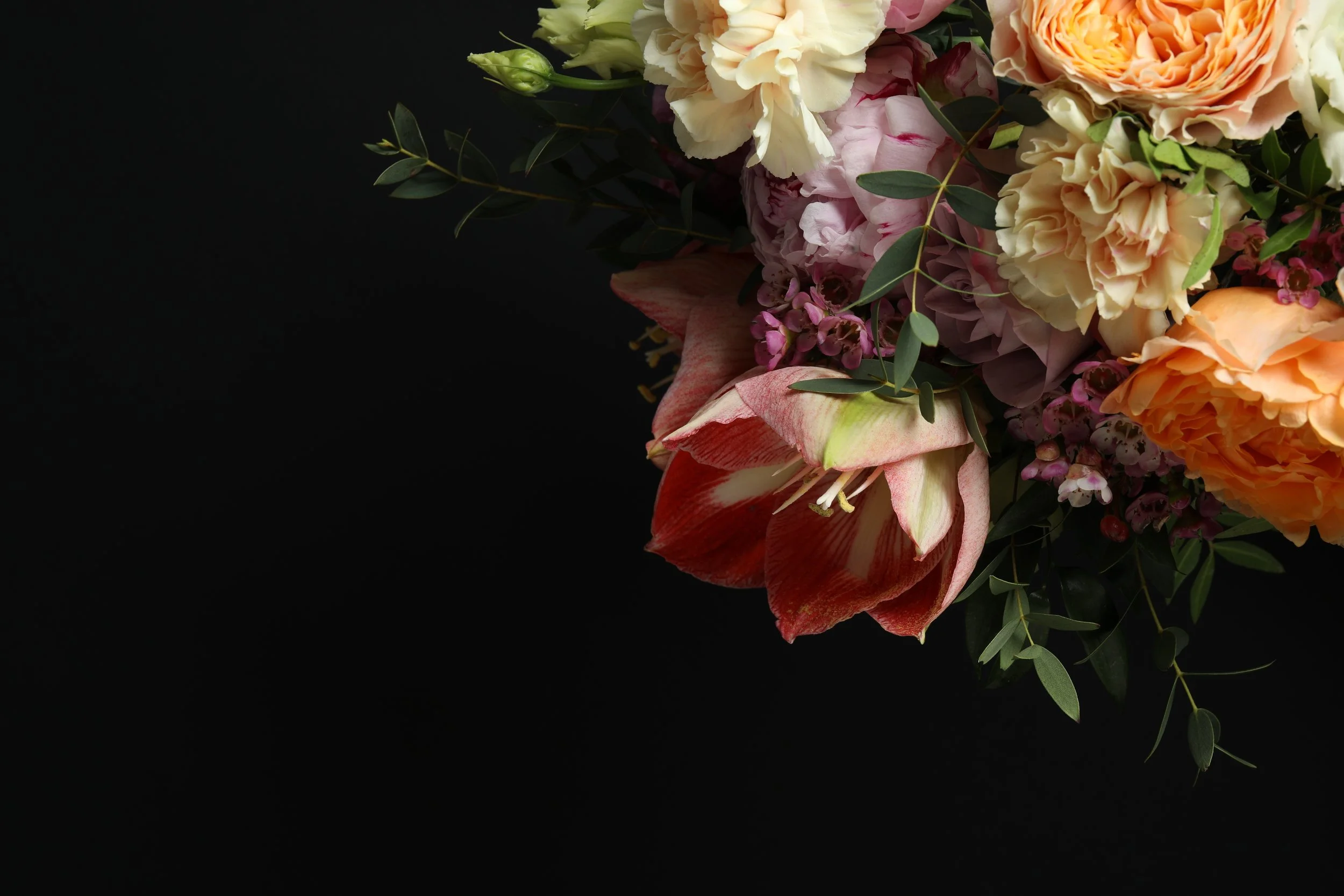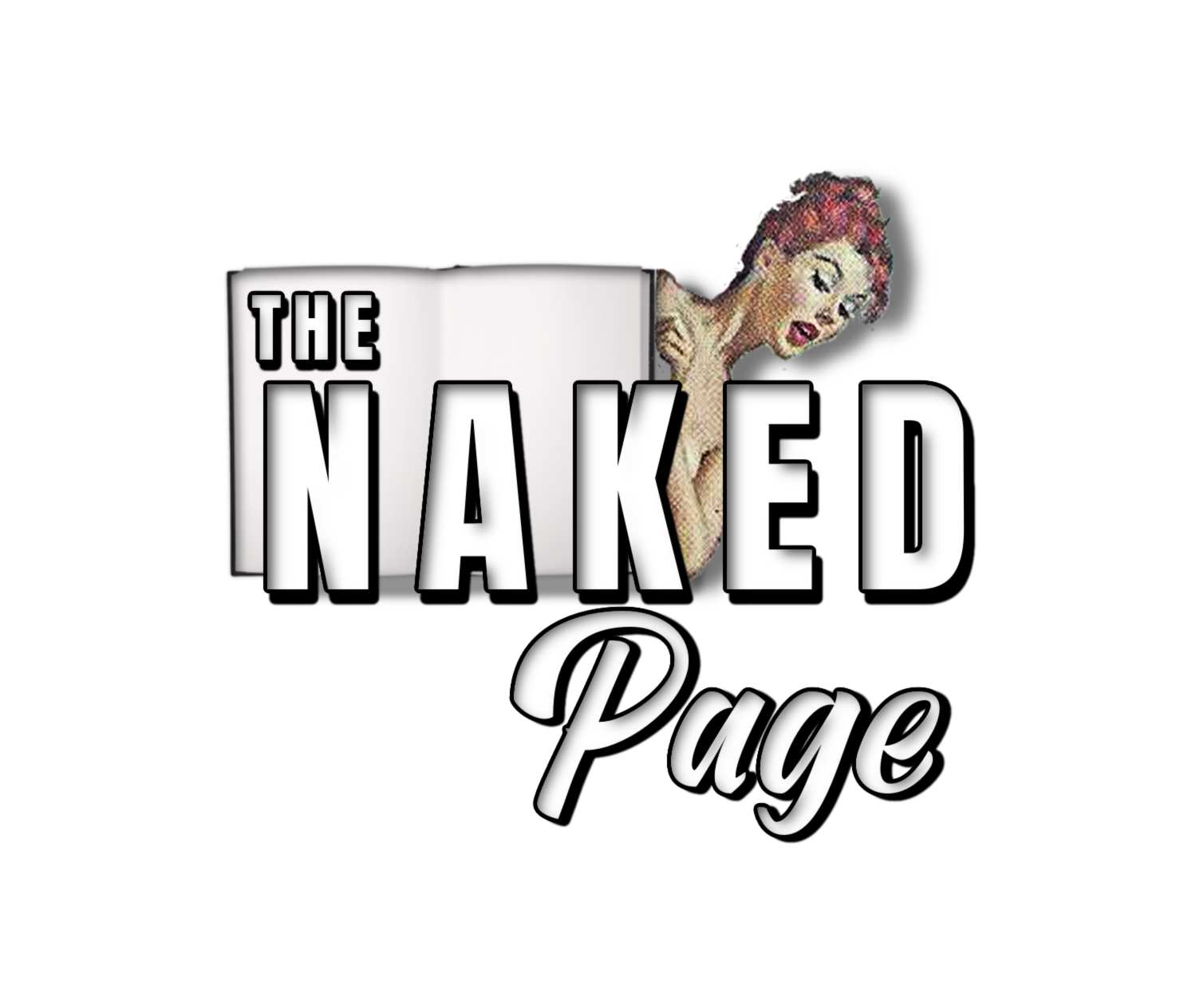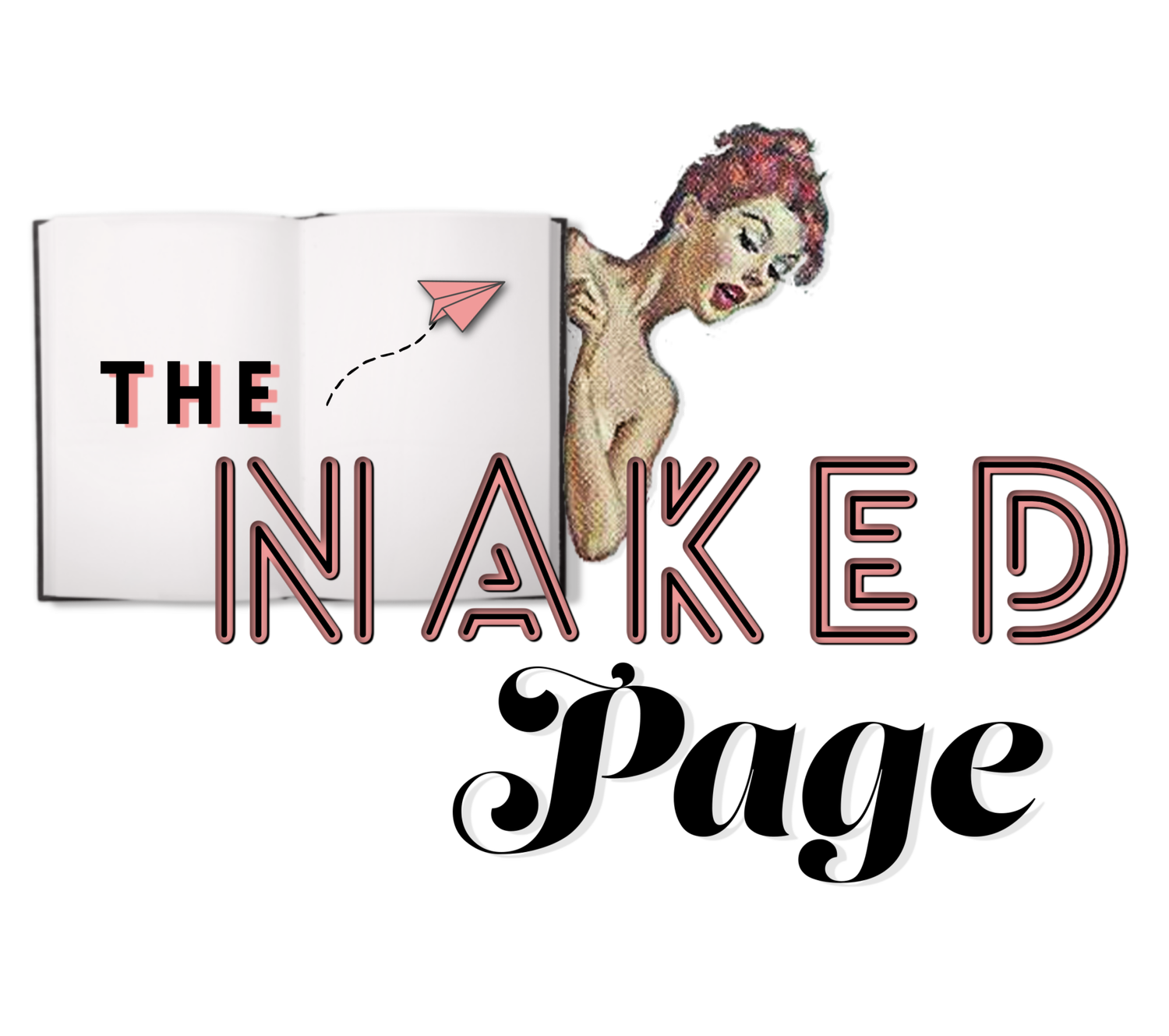
Bio
Funny Story About My Two Names
I’ll answer to April or Bliss. And yes, Mama, too! But it’s no longer a secret—Blissom is my pen name.
English Teacher to Burlesque Performer
Once upon a time, I was a high school English and Theatre teacher when I was hit with the autoimmune symptoms of Hashimoto’s and Rheumatoid Arthritis. To restore my health, I sought out some good ol’ fashioned exercise by signing up for the most challenging dance instruction I could find—a pole class.
That’s right! I thought I could sweat out my symptoms on a stripper pole. But it wasn’t long before I gave up pole burn for the not-so-subtle art of burlesque. And I was blingin’ costumes and crafting feather fans in record time!
That’s how I met Pyrrha Sutra best known for her Burlesque Hall of Fame blazin’ bustier routine. This woman sets her pasties on fire while running a successful entertainment company. Together we volunteered at an annual breast cancer survivors conference where we led women in rediscovering their femininity following surgery and chemo treatments.
I became addicted to the confidence boost burlesque gave women.
But there was one other thing that really transformed me as a burlesque performer.
No, it wasn’t living out that terrifying dream of being naked on stage. It was learning to use burlesque as a therapeutic tool for anxiety. The more fear I overcame the more passionate I became about telling my stories.
Burlesque was my entry point into powerful and professional storytelling.
When Pyrrha’s comic emcee, Kelly with a Big Ol’ K, went on maternity leave, I filled her hilarious shoes. Despite my anxiety, I stepped into the limelight and learned how to improv comedy, scribbling down jokes to guide me on stage. I performed all over Phoenix, calling myself Blissom Booblé. But my favorite part of the gig was scripting a wide variety of performers—singers, aerialists, hula hoop girls, fire eaters, fan dancers, and comics—into themed shows that brought in audiences of 500+ people.
Writing in the Deep South
Storytelling became my signature skill.
So of course, I had to chase my dream of writing. At the height of my burlesque career, I moved back to the Deep South to write.
In Savannah/Hilton Head, I edited for Olivia Stiffler, whose poems were twice featured in Garrison’s Keillor’s The Writer’s Almanac. And I assisted Rosemary Daniell, author of nine books including The Secrets of Zona Rosa: How Writing (And Sisterhood) Can Change Women’s Lives, and founder of Zona Rosa, a women’s critique group that’s been in existence for 40+ years. It was among these awe-inspiring women writers that I was able to hone my craft.
I also discovered that women who write keep their equilibrium in an upside-down world. A consistent writing practice produces therapeutic benefits. And the research proves it.
I added memoir-style travel essays about my time in burlesque to my work. I even wrote a sermon called Be More Naked I presented at a local Unitarian Universalist congregation. And I become obsessed with the revision process. I had a hunch there must be a better approach to the hellish misery most writers were calling editing. Finding few books and little research on self-editing, I began to experiment with my own writing and as a developmental editor. I eventually developed my own best practices for revising a piece of writing. And I dedicated my work to the process of self-editing.
But a writer needs to earn a living. So, it was time to fly…
American Turbulence
I returned to Phoenix and was selected to be in the first training class of the largest airline in the world when US Airways merged with American. Being a flight attendant seemed like a great career choice for a writer… at first. Using my pseudonym, I published articles for Matador Network, Pink Pangea, Sonderers, Nowhere Magazine, Arizona Office of Tourism, and a piece about Savannah, GA in the St. Martin's Press book 101 Places to Get F*cked Up Before You Die. I also completed a play and memoir.
But after two years of flying, my sassy stew sparkle was dimming.
For an industry that boasts a 70% female workforce, the airlines aren't exactly female-friendly. I had a miscarriage—not an uncommon experience for flight attendants who are struggling to manage on-call reserve shifts.
My writing was thrilling, but my circadian rhythms were bonkers!
In 2016, I took a break from the airlines to have my rainbow baby, Zuzu. And she’s as bonkers as my circadian rhythms were back in 2015, which has propelled me to reanalyze how women—specifically moms—made writing happen.
Domestic Drag
Since Zuzu’s birth, I’ve expanded my writing career to include comedy writing (I no longer perform, but I still write for stand-up), ghostwriting, copywriting, content creation, and memoir coaching. I’ve continued to expand my website design skills using Squarespace from 2012 to today’s 7.1 version with Fluid Engine. I’ve done a deep dive into the Science of Reading when COVID closures forced me to homeschool my wild child. (Teaching early literacy is harder than teaching Shakespeare, I swear!) I’ve written several books on the writing and editing process—coming soon, I promise! And I’ve continued to investigate ways to make writing more accessible for both early learners like my young daughter and for grown women who use writing as a form of art and therapy.
I’ve also clocked more hours than I can count in online philosophy and psychology classes through the Phoenix Friends of Jung, CG Society of Atlanta, the Center for Story and Symbol, and the Philosophical Research Society.
I no longer feel like I have to use the name Blissom, but she’s done so much to help me write and tell my stories, she’s hard to leave behind. Motherhood has been challenging, a little like wearing drag each day, but my writing supports me.
I believe stories are our common thread. And as a developmental editor/writing coach, I also believe you must learn to nurture your words.
If you don’t tell your stories, who will?
Your writing is the greatest gift you leave to others when you’re gone.
So whether you’re:
a mama who’s had a traumatic birth
a woman who’s faced a miscarriage
coping with grief or pain
living with chronic health issues
trying to put medical malpractice behind you
(I’ve suffered from all the above)
I believe writing can help you process your challenges.
It’s time to learn how to navigate your best narrative.
To transcend your trauma through your stories.
Are you ready to be more naked on the page?

